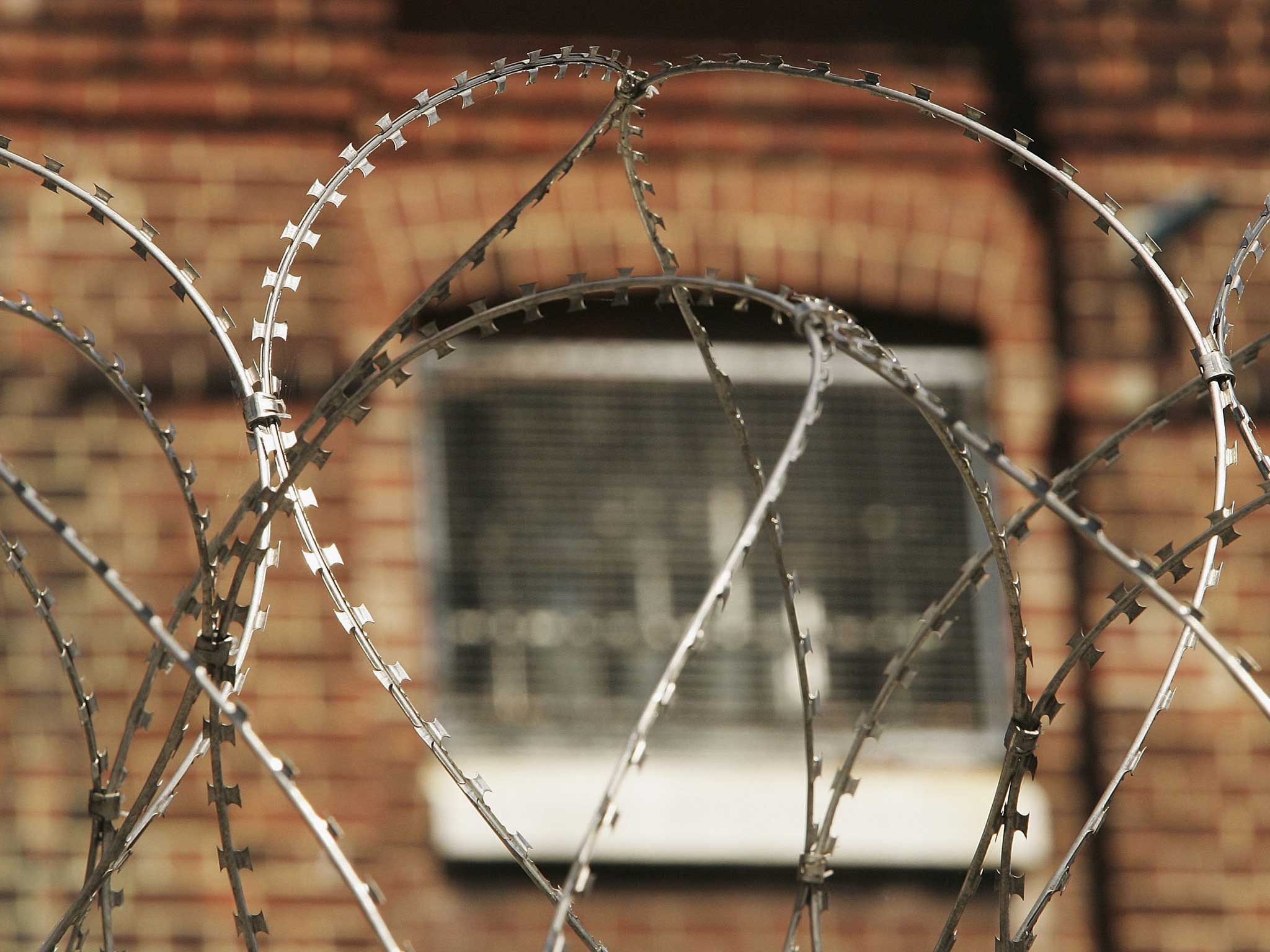100-year sentences deny perpetrators the chance of change - and allow us to forget their humanity
Much as we should be disgusted by their crimes, locking people up for a century will not make our country a safer place

Your support helps us to tell the story
From reproductive rights to climate change to Big Tech, The Independent is on the ground when the story is developing. Whether it's investigating the financials of Elon Musk's pro-Trump PAC or producing our latest documentary, 'The A Word', which shines a light on the American women fighting for reproductive rights, we know how important it is to parse out the facts from the messaging.
At such a critical moment in US history, we need reporters on the ground. Your donation allows us to keep sending journalists to speak to both sides of the story.
The Independent is trusted by Americans across the entire political spectrum. And unlike many other quality news outlets, we choose not to lock Americans out of our reporting and analysis with paywalls. We believe quality journalism should be available to everyone, paid for by those who can afford it.
Your support makes all the difference.On Thursday, while most of the country was still hiding under the duvet eating chocolate for breakfast, the punitive populist wind continued to howl through the Ministry of Justice, getting whipped up into a sentencing storm by the Prime Minister. Last summer the European Court of Human Rights ruled that whole-life jail terms without the possibility of review amount to a breach of human rights following a controversial appeal lodged by three men serving such sentences. This widened the chasm between the UK government and the Strasbourg court, and led to this week’s pronouncement designed to circumnavigate the ruling by mooting 100-year sentences. Many commentators have noted that this is simply a whole life sentence without review by another name.
The ECHR did not suggest that those appealing should be released any time soon, and quite rightly so. But alongside having sentencing that reflects the gravity of the crime, to see real change we need a justice system that acknowledges the humanity of those it seeks to reform, however appalling the crime. Archie Bland discusses the importance of hope - that there is at least the possibility of release – in providing the incentive to live differently for those few (less than 50 people) currently serving whole life sentences. Alison Liebling, director of the Prisons Research Centre at Cambridge University's Institute of Criminology, comments in the article "You create this environment of no hope, no meaning," she says. "When you've ruled out the possibility of atonement, most of the ways out are dangerous."
These sentences deal with hideous, emotive crimes and I have no stomach for pretending otherwise. We need to examine our own attitudes as a starting point in unknotting the problem of how society deals with those who have so profoundly transgressed. Why is there currently an increase in punitive rhetoric and harsher sentencing, and what is the ideology that drives it?
Our sense of shame can stop us from finding better solutions to these profoundly complex problems. If we have 100-year sentences and in so doing make the perpetrator sufficiently ‘other’ to outside society, then we never have to look at the capacity for evil within ourselves. Or why I, for example, might need to call someone else a monster, or an animal, to make me feel better about myself because - compared to a murderer - I’m not too bad. As a result of our own shame at not being good enough, we are often happy to pour our energies into shaming others instead. For a play I was writing I read about Rose West’s crimes: nausea and weeping followed, which I know is nothing at all compared to what her victims’ friends and families have suffered. Her inconceivable actions seemed inhumane. And yet she was human. At some level, she was human like me. She, Jeremy Bamber and those who killed Lee Rigby are unrelentingly human. It is mightily difficult to appreciate that, but Sociologist Dr Brené Brown frequently states ‘Empathy is the antidote to shame’.
A year after her husband was killed in a random act of violence on Christmas eve, Maureen Greaves spoke eloquently of forgiving those involved alongside her desire to see justice done and proper sentences passed. She refused to call the perpetrators evil, instead saying they committed an evil act. In so doing, she courageously refused to publicly shame them, acknowledged their humanity and their capacity to change. If we persist in labelling people – and not their actions – as evil or inhumane, we cannot hope to see a reduction in reoffending and fewer victims, because we’re telling perpetrators that there is no hope, that their identity is that of evil forevermore thereby denying them of the possibility of change. We must get better at acknowledging the complexity of what it is to be human, in order to create the kind of justice system and communities that aid (re)habilitation, reduce reoffending and make this country a safer place to live.
Join our commenting forum
Join thought-provoking conversations, follow other Independent readers and see their replies
Comments